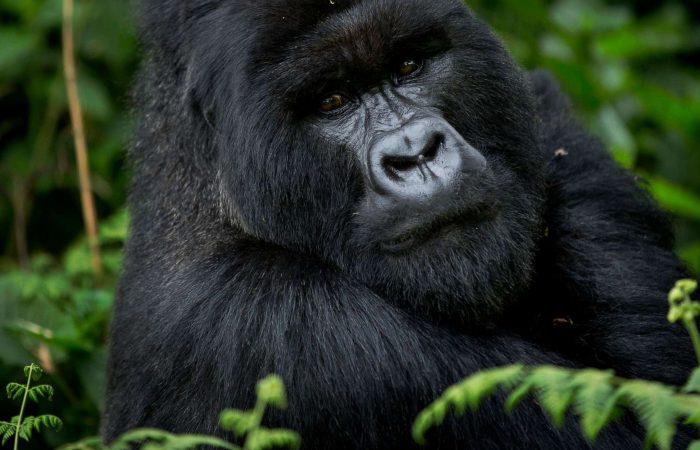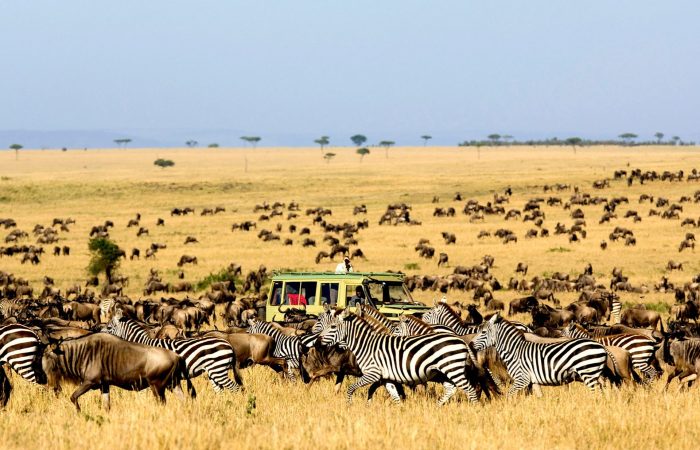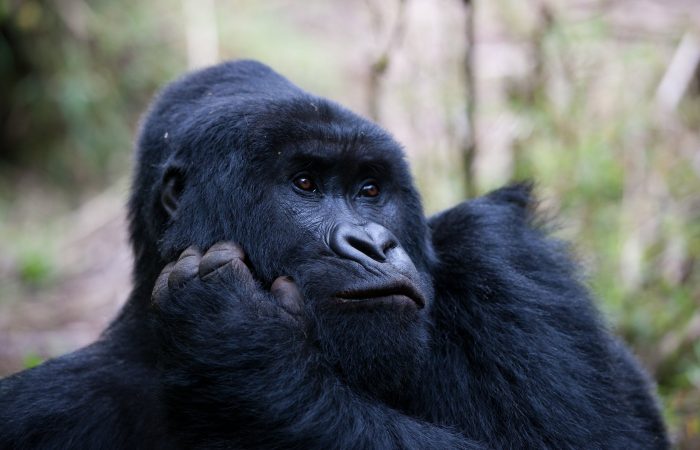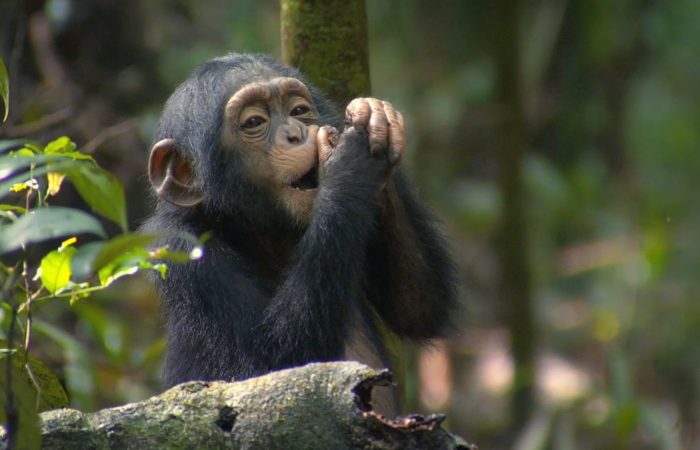- Home
- About Us
- Safaris Packages
- Safari Types
- Destinations
- Uganda
- Best Natioanl Parks
- Accommodations
- Semuliki National Park Accommodation
- Rwenzori National Park Accommodation
- Queen Elizabeth National Park Accommodation
- Murchison Falls National Park Accommodation
- Mgahinga Gorilla National Park Accommodation
- Mount Elgon National Park Accommodation
- Lake Mburo National Park Accommodation
- Kidepo Valley National Park Accommodation
- Kibale National Park Accommodation
- Bwindi Impenetrable National Park Accommodation
- Wildlife Reserves
- Activities And Attractions
- Distance in Kilometers and Duration
- Distance From Entebbe To Mgahinga National Park
- Distance From Entebbe to Rwenzori Mountains National Park
- Distance From Entebbe To Semuliki Natioanl Park
- Distance From Entebbe To Queen Elizabeth National Park
- Distance From Entebbe to Kidepo Valley National Park
- Distance From Entebbe To Mount Elgon National Park
- Distance From Enetebbe To Lake Mburo National Park
- Distance From Entebbe To Kibale National Park
- Distance From Entebbe To Murchison Falls
- Distance From Entebbe To Bwindi Impenetrable Forest
- Top Destinations
- Top Safaris
- Wheather
- Solo Traveller
- What to Expect On Safari in Uganda?
- Why Visit Uganda Next in 2021/22 – Alpha Adventure Safaris
- Best Uganda Tour Company
- Rwanda
- Kenya
- Tanzania
- Uganda
- Contact Us Now
Wild Mania Safaris-Uganda Safaris, Uganda Tour Packages , Uganda Safaris
Fly-in Safari,
Fly-in Safari, Flying Between Destinations
Planning an All-inclusive Uganda Safari
Uganda is still low-key with tourist crowds: all-inclusive group tours seldom exceed six in number. Even the most popular wildlife game-viewing circuits retain a relatively unconstrained atmosphere. The Pearl of Africa’s wide selection of forested and game reserves remain highly accessible to independent travelers and relatively affordable to those on a limited budget, such as off-the-beaten-track gems as the Ssese Islands, Katonga Wildlife Reserve, Sipi Falls, and Kasenda Crater Lakes.
The Pearl of Africa enjoys one of the healthiest reputations of any African country regarding crime directed at tourists. The level of day-to-day hassle faced by independent travelers is negligible. And Ugandans as a whole — both those working within the tourist industry and the ordinary man or woman on the street — genuinely do come across as the warmest, friendly, and relaxed hosts imaginable.
So here are the hurdles you may have to jump while planning your all-inclusive Uganda safari holiday.
Is Uganda safe for travel?
Uganda Covid-19 Entry Requirements
Uganda Vaccination Requirements
Affordable Direct Flights to Entebbe, Uganda
Uganda Visa on Arrival
Best Time to Visit the Pearl of Africa
Before you travel on your all-inclusive Uganda safari, please be informed of the likelihood of catching CORONAVIRUS if you don’t follow operating procedures put in place to protect you and others. For updated, local information, visit travelbans.org/africa/uganda/ or the government website health.go.ug/covid/. Otherwise, Uganda is open for tourism and entry/exit, and you’ll need a negative PCR COVID test certificate issued not more than 72 hours before your arrival.
With the constant development of the safari industry in Uganda and regular lodge and camp openings, the message is loud and clear: Uganda is thriving and open for business. And there’s a reason it remains one of the most sought-after private safari destinations: the game viewing is incredible year-round, there are no tourist crowds, the people friendly, the logistics easy, and you can visit the Pearl of Africa as a single destination without crossing borders and still get the best of the all-inclusive Uganda safari.
Because we live right in the center of this enchanting safari destination, we give first-hand travel advisory. Our guests are like family, and we would never give out wrong information to our families. Uganda’s superb open-space safari attractions are safe to visit, and its warm, hospitable people will make your all-inclusive holiday vacation a memorable one.
Like all other countries globally, crime threats are present but can be avoided when you observe caution. Uganda is a very safe country, but opportunistic crimes such as petty theft, credit card fraud, and home robbery do occur – just like any other country. Chances of being a victim are rare, and incidences would most probably be in cities like Kampala. When in public places, please be vigilant and cautious by avoiding drawing too much attention to yourself and being less susceptible to pick-pockets.
The Uganda People’s Defence Force (UPDF) attempt to deter crime has been increasingly successful with regular patrols and their forces’ placement in strategic locations. The police presence is noticeable everywhere, with security at the airport and borders and police in public places. Across Uganda’s National Parks and tourist destinations, the tourism police, park rangers, military army, and hotel/lodge security personnel are all present to ensure your safety.
Uganda, like many other democracies across the globe, occasionally goes through short periods of political change. The most political unrest in Uganda is usually centered around Kampala city, far from its magnificent safari attractions. And cities like Kampala, in this Coronavirus age, are a hotbed for infections. The city you jet into the Pearl of Africa is Entebbe, a quiet suburb 34 kilometers outside the capital city housing the statehouse with beefed-up security. In fact, in some instances, you’ll fly/drive out of Entebbe immediately after landing, heading to the southwestern or northern attractions. The Ugandan countryside is as peaceful as the bottom of the ocean.
Before you embark on your all-inclusive Uganda safari, please be informed of the likelihood of catching CORONAVIRUS if you don’t follow operating procedures put in place to protect you and others. For updated, local information, visit travelbans.org/africa/uganda/ or the government website health.go.ug/covid/. Otherwise, Uganda is open for tourism and entry/exit, and you’ll need a negative PCR COVID test certificate issued not more than 72 hours before your arrival.
COVID-19 ENTRY RESTRICTIONS
There will be health screening procedures at airports and other entry ports, including wearing a facemask, sanitization, temperature screening, and physical distancing. If found with Coronavirus symptoms, you’ll be isolated and taken to a designated hospital for treatment. The MoH Emergency Operations Center manages the COVID-19 response and can be reached through their hotline: (+256) 0800 203 033, 0800-100-066, or 0800-303-033.
On arrival, tourists and business visitors will need to provide a negative PCR COVID-19 test dated no more than 72 hours before their arrival in Uganda. Outbound travelers will also be required to take a certified PCR COVID-19 test no more than 72 hours before departure. If you don’t have one, take one at a recommended hospital in Entebbe or Kampala before your flight at your cost ($26).
Several hospitals offer the PCR COVID-19 test in Uganda, and these include: Makerere University Hospital, Mulago National Referral Hospital, Lancet Laboratories (041-4341621), MBN Laboratories (0700-533-954), Nakasero Hospital (0312 531400), Kampala Hospital (0312 563400), City Medicals at City Ambulance Acacia (0392 177174), Ruby Medical Centre (0800 833 111), Case Clinic (0312 250 700), Mengo Hospital (041 4270222), Mbarara Doctors’ plaza (0703206832)
Your driver or tour operator will have to ensure that you proceed directly to your place of stay and do not mix with Ugandans. There will be no requirement to self-isolate. Physical distancing, sanitization, and facemask are compulsory for keeping you healthy while traveling in Uganda. There’ll be no self-isolation for 14 Days.
Ugandan nationals who arrive with a negative COVID-19 test will be allowed to proceed straight to their homes. It is not yet clear whether they will be required to self-isolate at home for 14 days or not.
National wide curfew is in effect, but travelers to the airport will not be affected if they carry documents for travel proof. Security operatives have been informed to let travelers through within curfew hours.
These travel restrictions are bound to be revised anytime; keep your ear to the ground if traveling.
Before you go to Uganda, make sure all your routine vaccinations are up to date.
Covid Vaccination is currently not a requirement for entry into Uganda. But for your all-inclusive Uganda safari, it’s mandatory that you carry a NEGATIVE PCR COVID-19 Test Certificate issued not more than 72 hours prior to your entry. It is mandatory for inbound and outbound. See above box.
The risk of malaria is low in the higher altitudes (like Bwindi) but high in lower altitudes, especially near Lake Victoria. It is higher if you are going into rural areas and villages outside the parks and reserves. Check with your travel doctor if you need vaccinations, and be sure to get them timeously.
Yellow fever
The country requirement at entry: a yellow fever vaccination certificate is required for travelers aged one year or over arriving from countries with a risk of yellow fever transmission. WHO vaccination recommendation: yes
Malaria
Malaria risk due predominantly to P. falciparum exists throughout the year in the entire country.
Entebbe Airport (IATA: EBB, ICAO: HUEN), also known as Entebbe International Airport, is the largest airport in Uganda. It is Uganda’s main international airport and serves the area of Entebbe. Entebbe Airport has non-stop passenger flights scheduled to 27 destinations in 15 countries. At present, there are 5 domestic flights from Entebbe.
There are no direct flights to Uganda from the United States, Canada, Southern America, Central America, the Caribbean, Southern Asia, China, Japan, Eastern Asia, South-Eastern Asia, Central Asia, or Oceania. The only intercontinental flights operating from Entebbe International Airport (EBB) are between Entebbe and Europe and between Entebbe and the Middle-East.
But there are connecting flights from major cities across the world and the cheapest ones are Kenya Airways through Nairobi, Rwandair through Kigali, Ethiopia Airlines through Addis Ababa, South African Airways through Johannesburg.
The newly launched Uganda Airlines will be launching direct flights very soon but for now, operates direct regional flights.
Non-stop flights from Entebbe to Europe
Brussels AirlinesBrussels Airlines (Star Alliance): year-round to Brussels (BRU).
KLMKLM (SkyTeam): year-round to Amsterdam (AMS).
Non-stop flights from Entebbe to the Middle-East / Western Asia
EmiratesEmirates: year-round to Dubai (DXB).
FlydubaiFlydubai: year-round to Dubai (DXB).
Qatar AirwaysQatar Airways (Oneworld): year-round to Doha (DOH).
Turkish AirlinesTurkish Airlines (Star Alliance): year-round to Istanbul (IST).
Foreigners who intend to visit Uganda do not have to go through the hassle of applying for visas. With US$50 and a couple of questions, you get a visa once you arrive at Entebbe International Airport. (Please check your consulate for accurate information on this statement). However, if you intend to do an East Africa tour, there is the option of purchasing a single tourist visa for Rwanda, Uganda, and Kenya at US$100.
In the wake of the COVID-19 pandemic, you may want to avoid contact with the visa process at the entry point and make sure you have your visa before you jet in. Thanks to technology, this can be done online with little or no hustle as long you have the requirements to getting the visa like passport copy, yellow fever card copy, and other Covid standard requirements by the government. Here are links to help you get started: visas.immigration.go.ug (Note: many travelers have found the service unreliable but Visa on arrival is available and guaranteed 98%)
When is the best time for an all-inclusive Uganda safari holiday?
Generally, an all-inclusive safari in the Pearl of Africa is good all year round. Although different travelers use many factors to tell when the best time is for an all-inclusive Uganda safari, with the help of our local experts, you can consider how much you’re willing to spend, which places they’ll be visiting and how much time you have on your calendar fixed for the trip to come up with great dates for your trip.
Game viewing in Uganda’s savannah parks is best at the end of the dry seasons – February and March and September/early October – when wildlife is concentrated around water sources. Bird watching is fantastic all year round but is at its peak between November and April when migrant species are present. Even when considered the rainy season, April and May is a great time to visit Uganda and the Gorillas. The views are stunning, and it rains mostly in the afternoon for 1 hr and not tempering with activities.
However, mid-March’s downpour through May and September through November, the rainy season, is mostly avoided by travelers. But we would urge you to travel during this time if you want to avoid the crowds and take advantage of off-season discounts.
When is the best time for gorilla trekking in Uganda?
Although gorilla trekking is a year-round activity, the best time for a gorilla trekking trip is during the region’s two dry seasons: January and February and June to September. There are fewer rains during the dry season, the roads are more comfortable to navigate, and you’re sure your itinerary will not be interrupted by a downpour. You should also note that during this time, everyone else will be thinking of traveling to see mountain gorillas, which makes permits very scarce, accommodation is expensive, and privacy hard to secure.
The wet seasons from September to November and March to May usually pull in fewer crowds, accommodation is cheaper, and it’s easier to process a gorilla trekking permit. But choosing gorilla trekking during the wet season would mean you endure the unfriendly experience of torrential rains, impassable roads, and difficult photography. Some travelers choose the wet season for the experience and price tag on safaris.





